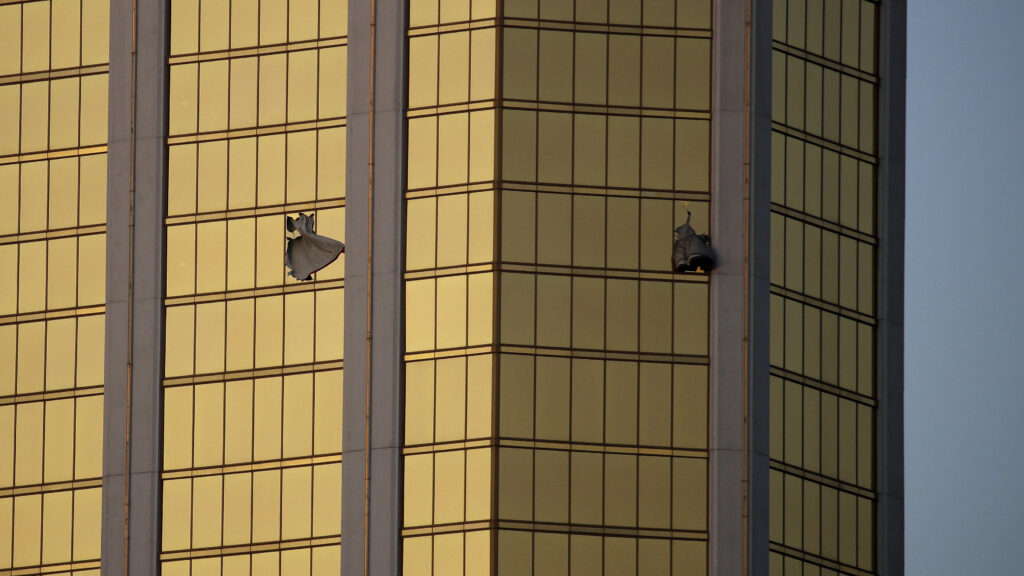
Introduction
The Las Vegas shooting, which occurred on October 1, 2017, is etched in the memories of many as one of the deadliest mass shootings in modern American history. This tragic event, where 58 concertgoers lost their lives and hundreds more were injured, raises critical discussions surrounding gun laws, public safety, and community resilience. The significance of this event continues to reverberate through various aspects of American society.
Details of the Incident
The shooting took place during the Route 91 Harvest music festival, where country music fans gathered to enjoy performances from various artists. The perpetrator, Stephen Paddock, opened fire from the 32nd floor of the Mandalay Bay Hotel, utilizing multiple firearms. The chaos that ensued left not only a devastating death toll but also a significant emotional impact on families, friends, and the city of Las Vegas.
In the aftermath, the FBI launched an extensive investigation, uncovering Paddock’s meticulous planning and the vast cache of weapons he had assembled. However, despite thorough investigations, a conclusive motive for the attack remains elusive, leading to varying speculations about mental health and potential political motivations.
Legislative Responses and Public Safety
The Las Vegas shooting catalyzed national debates on gun control laws in the United States. In the years following the tragedy, numerous advocacy groups called for stricter regulations on automatic weapons and bump stocks, devices that had allowed Paddock to increase the rate of fire of his semi-automatic rifles. While some states implemented new gun regulations, comprehensive federal laws remain a contentious issue, reflecting the polarized views on the Second Amendment.
Additionally, increased security measures have been adopted at large-scale public events, including enhanced surveillance, security personnel, and emergency response protocols. However, critics argue that these measures may not be sufficient to deter future incidents and call for a deeper examination of the underlying issues surrounding gun violence in America.
Conclusion
The Las Vegas shooting serves as a tragic reminder of the fragility of life and the ongoing challenges surrounding gun violence in the United States. As the nation continues to grapple with this complex issue, the importance of community support, mental health resources, and legislative advocacy remains evident. It is crucial for society to learn from such events, fostering a culture that prioritizes safety, compassion, and resilience to honor the memories of those lost that fateful night. Looking forward, it is hoped that discussions surrounding policy changes will be constructive and lead to meaningful action that could prevent future tragedies.



